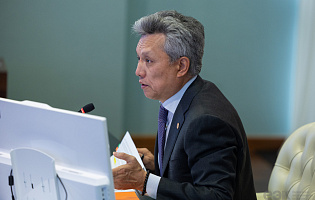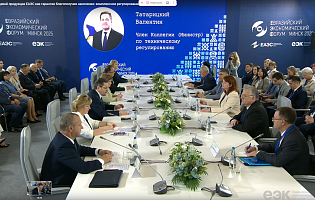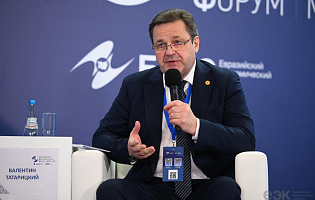Technical regulation
News on «Technical regulation»

Display more
Activities
Decisions on «Technical regulation»
4
02/18/2025 12:00:00 am
Рекомендация Коллегии ЕЭК № 4 О тематике совместных мероприятий государств - членов Евразийского экономического союза в сфере защиты прав потребителей в 2025 году
3
02/18/2025 12:00:00 am
Рекомендация Коллегии ЕЭК № 3 Об общих подходах к проведению обзоров законодательства государств - членов Евразийского экономического союза в сфере защиты прав потребителей
73
05/13/2024 12:00:00 am
Распоряжение Коллегии ЕЭК № 73 О внесении изменений в состав Консультативного комитета по вопросам защиты прав потребителей государств – членов Евразийского экономического союза
3
01/23/2024 12:00:00 am
Рекомендация Коллегии ЕЭК № 3 О согласованных подходах к поддержке деятельности общественных объединений потребителей в государствах – членах Евразийского экономического союза
2
01/23/2024 12:00:00 am
Рекомендация Коллегии ЕЭК № 2 О тематике совместных мероприятий государств – членов Евразийского экономического союза в сфере защиты прав потребителей в 2024 году











